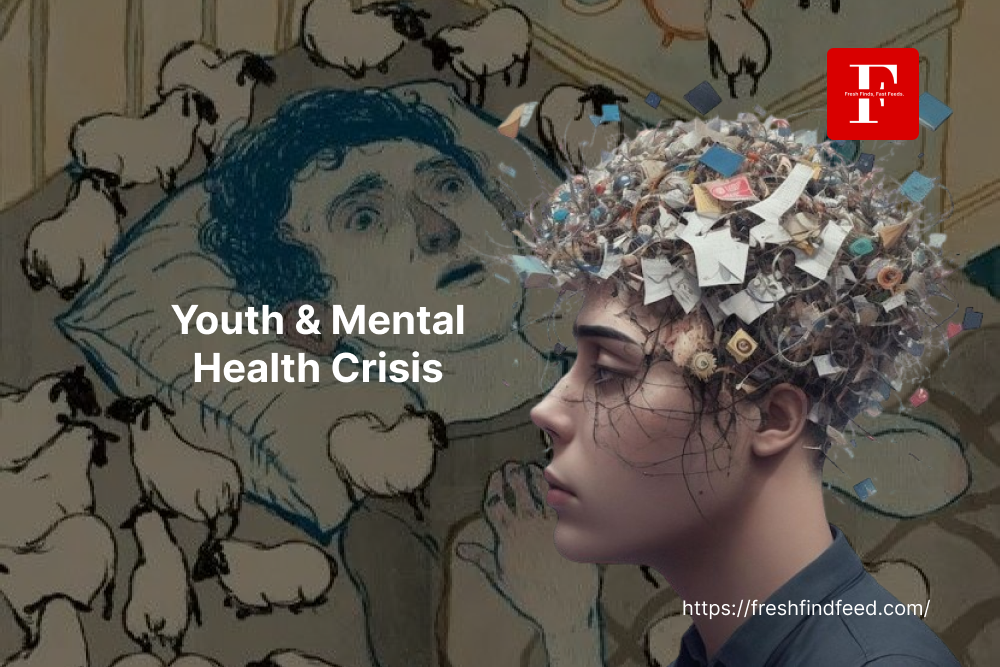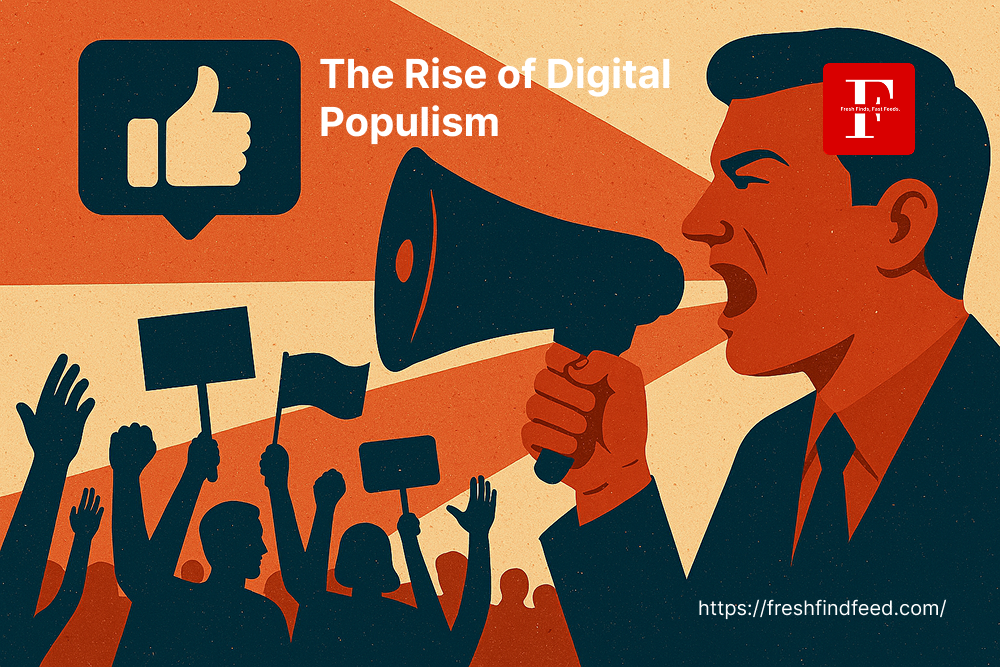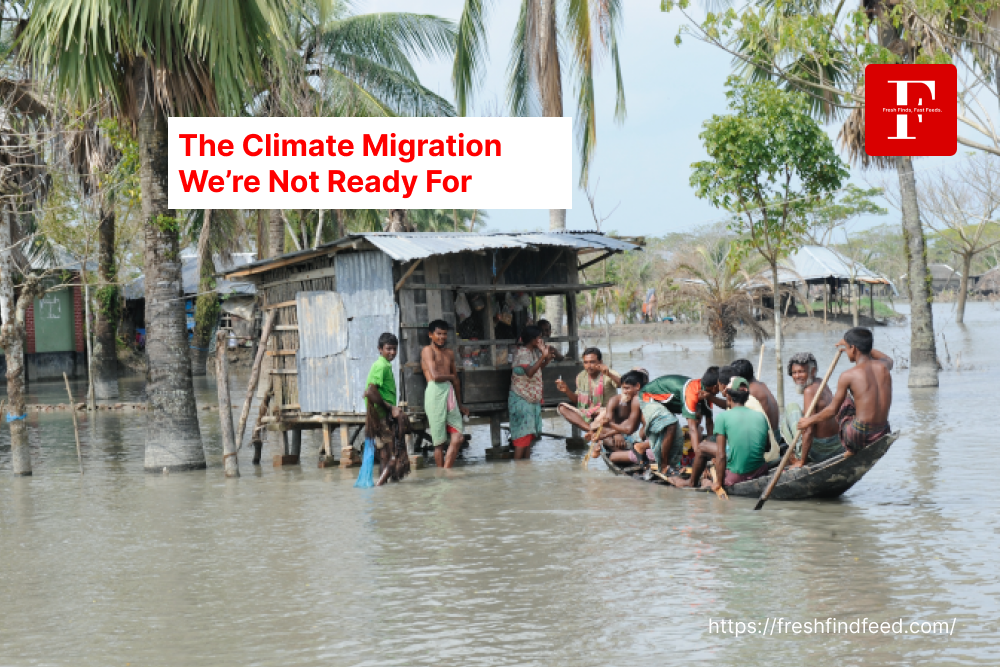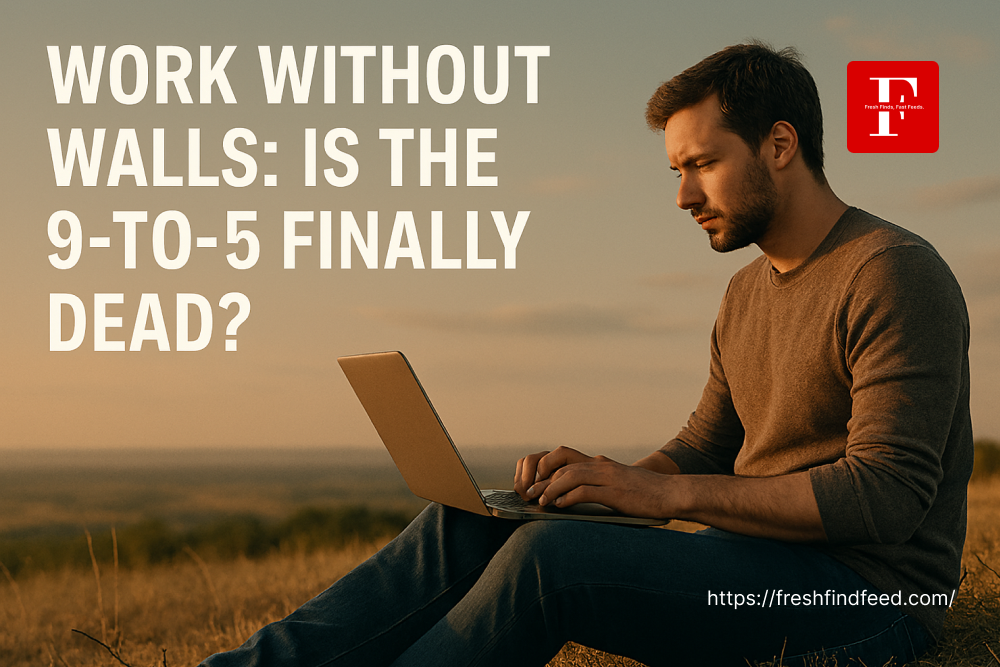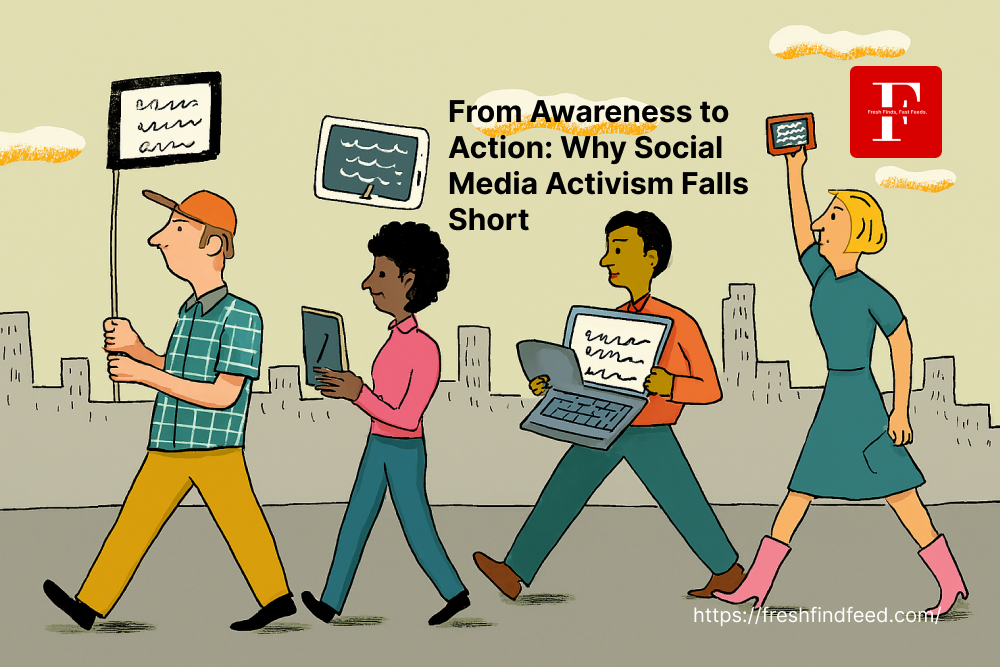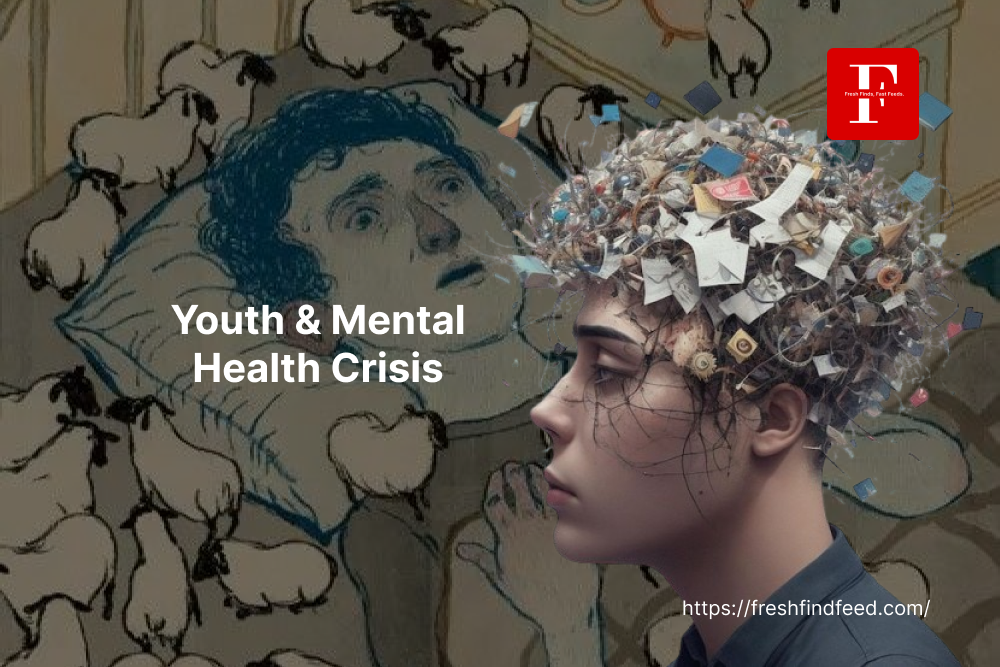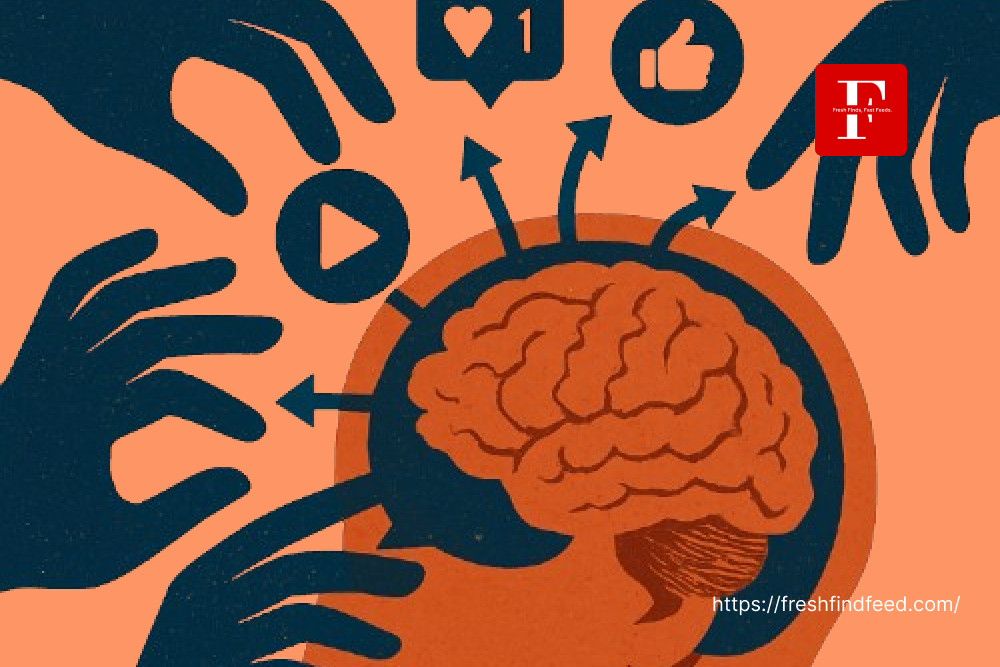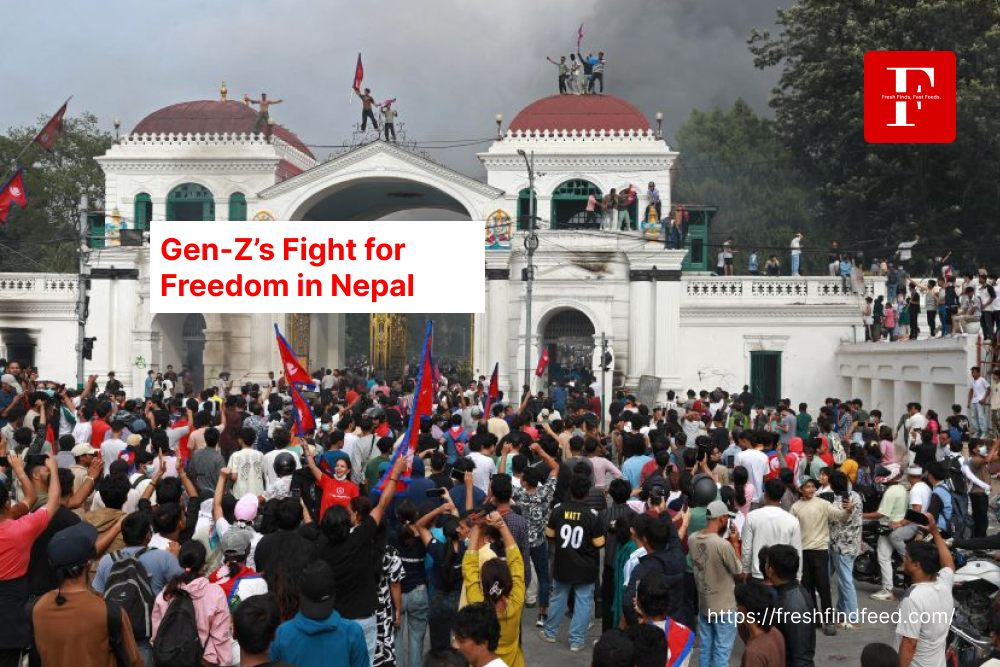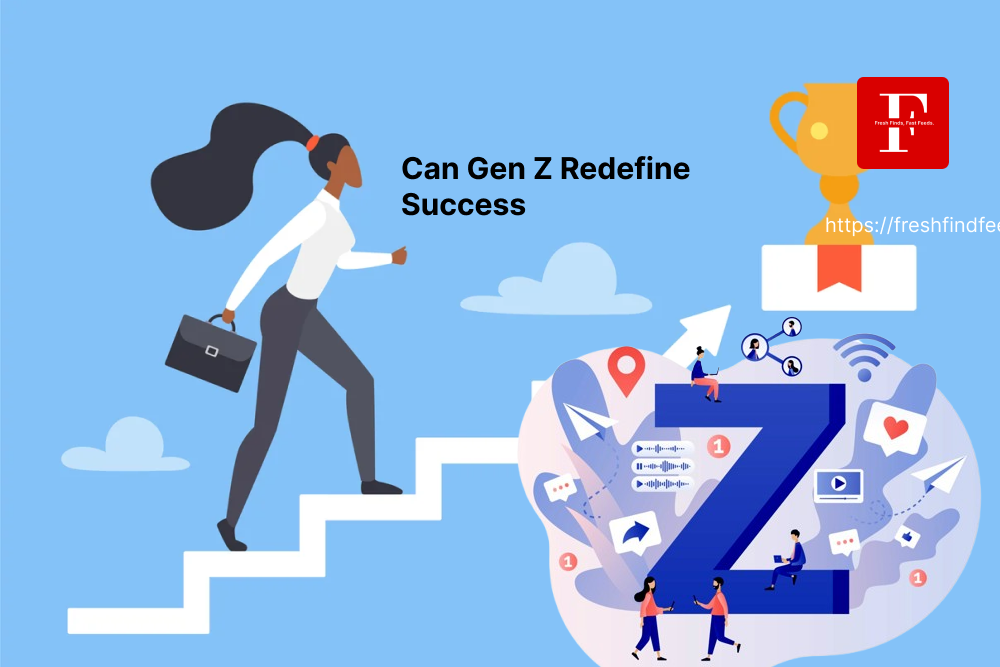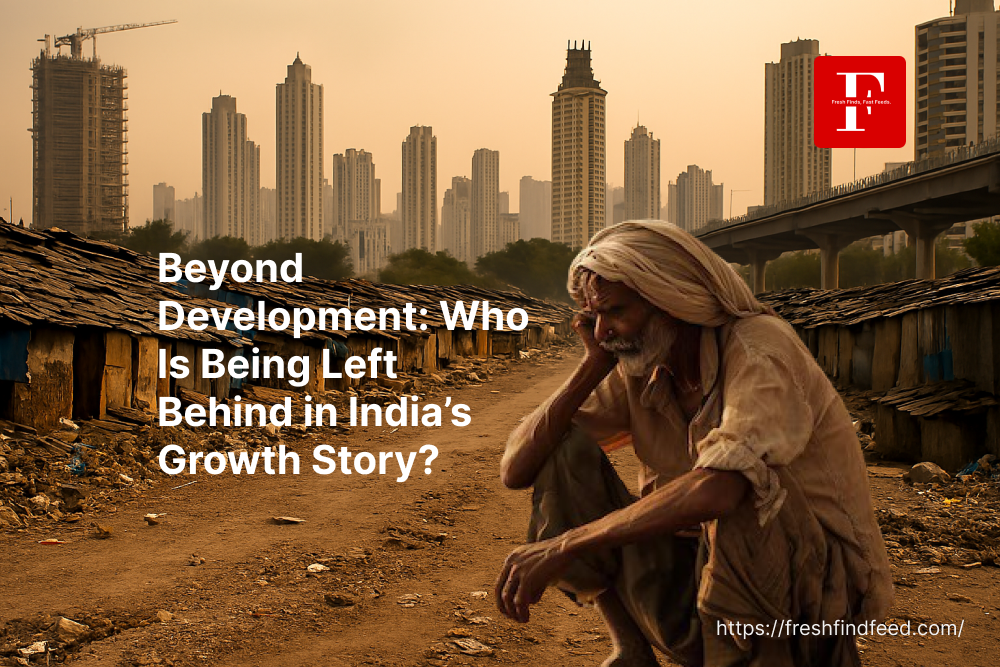Mental health has become one of the most urgent issues of our time, and no group feels it more strongly than today’s youth. Gen Z and millennials are often called the most connected, ambitious, and creative generations — but they are also the most anxious, stressed, and overwhelmed.
Rates of depression, anxiety, and burnout among young people have skyrocketed in the past decade. Many experts call it a “silent epidemic” that is reshaping not only personal lives but also education, work, and relationships. But why is this happening now, and why are young people so deeply affected?
The Pressures Facing Today’s Youth
Academic & Career Stress.
Competition has never been higher. Students face pressure to excel, get into the best colleges, or secure jobs in an unstable economy.
The fear of falling behind creates constant anxiety.
Digital Overload
Social media offers connection but also fuels comparison.
Seeing filtered “perfect lives” online makes many feel inadequate or left out.
Constant notifications create mental fatigue, leaving little room for rest.
Climate change, economic instability, and political unrest weigh heavily on young minds.
Many feel hopeless about the world they are inheriting.
Ironically, being “always online” hasn’t erased loneliness.
Many young people report feeling isolated, with fewer deep, real-life connections.
While conversations have improved, in many cultures, mental health is still misunderstood or dismissed.
Young people often struggle to get the support they need.
Uncertain Future
Loneliness in a Connected World
Stigma Around Mental Health
Why Gen Z and Millennials Feel It the Most
They Grew Up Online: Constant exposure to digital platforms has shaped how they see themselves and others.
Economic Struggles: Rising costs, student loans, and unstable job markets create financial insecurity.
Breaking Traditions: Unlike older generations, they question traditional paths of work, marriage, and stability — but this freedom also brings uncertainty.
The Consequences of the Crisis
Unchecked, the youth mental health crisis leads to:
Dropouts in school and college.
Decline in productivity and creativity at work.
Rising substance abuse.
Higher rates of self-harm and suicide.
This isn’t just a personal problem — it’s a social and economic issue that affects entire communities.
How Can We Support Young People?
Normalizing Mental Health Care
Encouraging open conversations and removing stigma around therapy and counseling.
Digital Balance
Promoting healthy online habits, screen breaks, and mindful use of social media.
Accessible Resources
Affordable therapy, school counselors, and workplace wellness programs can make a big difference.
Community & Connection
Stronger real-life friendships, supportive families, and safe spaces can fight loneliness.
Empathy from Institutions
Schools, universities, and employers need to understand mental health challenges and adapt policies with flexibility and care.
Looking Ahead
The youth mental health crisis is a warning sign. If ignored, it will have long-term effects on society. But if addressed with compassion, awareness, and resources, this generation can heal — and even lead the way in building a world where mental well-being is as important as physical health.
Final Thought:
Gen Z and millennials may be the most anxious generations, but they are also the most aware. Their struggles highlight the urgent need to treat mental health not as a side issue but as a central part of life.




